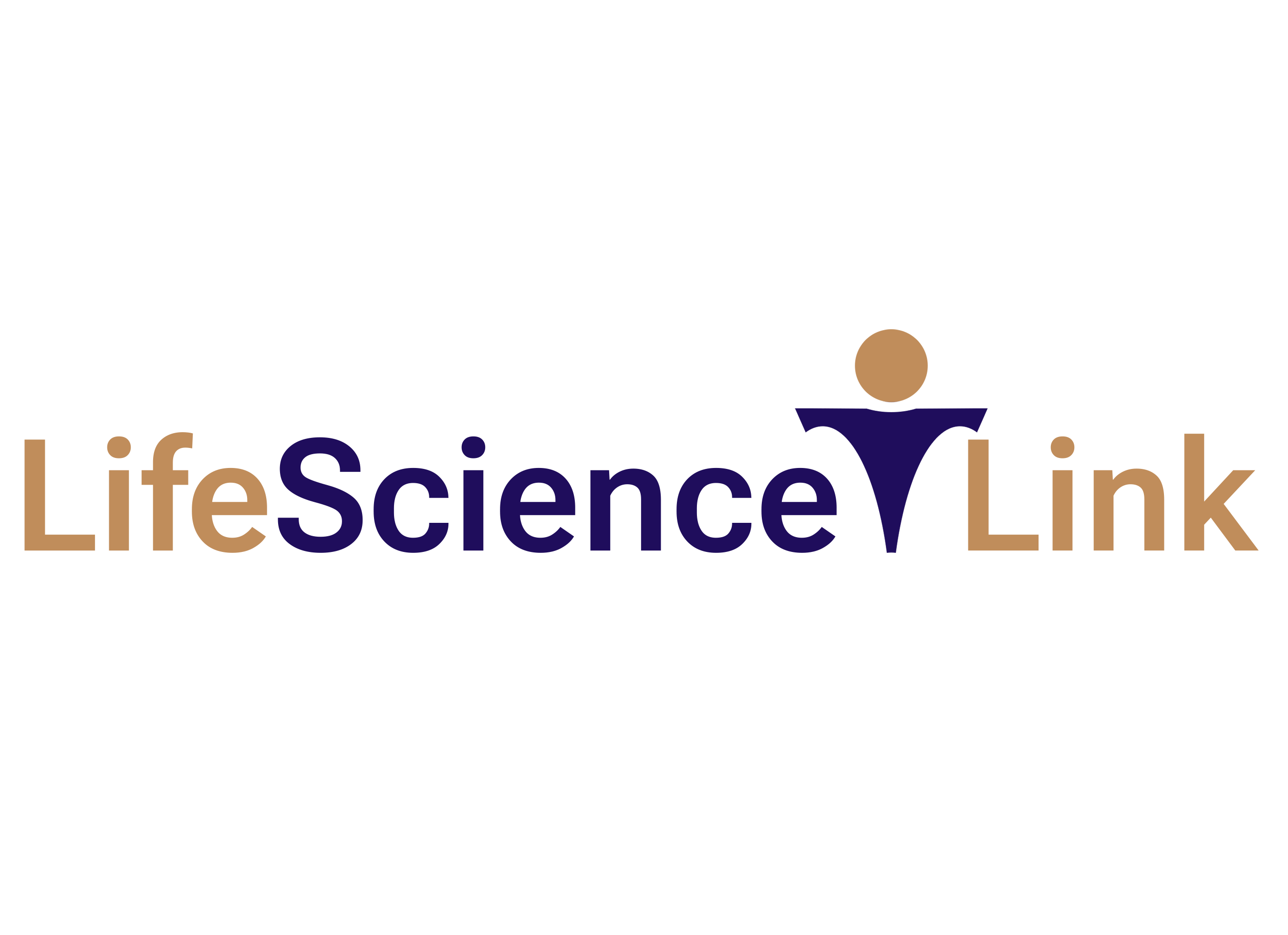Introduction
In the realm of clinical research, adherence to regulatory standards is paramount to ensure the safety, integrity, and reliability of trial data. Clinical trials are subject to a complex web of regulations and guidelines, which vary significantly across different countries and regions. At the heart of this regulatory framework lies the Good Clinical Practice (GCP) guidelines, internationally recognized standards that govern the conduct of clinical trials. However, alongside GCP guidelines, each country imposes its own set of regulations, adding another layer of complexity to the clinical trial landscape. In this article, we delve into the key differences between country-specific regulations and GCP guidelines in clinical trials, exploring their implications for sponsors, investigators, and regulatory authorities.
Understanding Good Clinical Practice Guidelines
Good Clinical Practice (GCP) guidelines serve as the gold standard for the design, conduct, monitoring, recording, auditing, and reporting of clinical trials involving human subjects. Developed by the International Council for Harmonization of Technical Requirements for Pharmaceuticals for Human Use (ICH), GCP guidelines provide a unified framework for ensuring the ethical and scientific quality of clinical trials worldwide. Key principles outlined in GCP guidelines include:
- Ethical Conduct: Clinical trials must be conducted in accordance with ethical principles, including respect for human rights, subject welfare, and informed consent.
- Data Integrity: Trial data must be accurately recorded, documented, and reported to ensure the reliability and validity of study findings.
- Quality Assurance: Adequate measures must be implemented to ensure the quality and integrity of trial conduct, including protocol adherence, data collection, and site monitoring.
- Regulatory Compliance: Clinical trials must comply with applicable regulatory requirements, including local laws, regulations, and guidelines.
Country-Specific Regulations
While GCP guidelines provide overarching principles for the conduct of clinical trials, each country has its own regulatory framework governing the approval, conduct, and oversight of clinical research. Country-specific regulations may vary widely in terms of scope, requirements, and enforcement mechanisms. Key aspects of country-specific regulations include:
- Ethical Review: Most countries require clinical trial protocols to undergo review and approval by an independent ethics committee or institutional review board (IRB) before initiation. Ethical review processes may differ in terms of submission requirements, review criteria, and timelines.
- Regulatory Approval: Sponsors are typically required to obtain regulatory approval from national health authorities or regulatory agencies before commencing clinical trials. Approval processes may vary in terms of documentation, review timelines, and regulatory requirements.
- Informed Consent: Regulations governing informed consent may vary across countries, impacting the content, format, and process of obtaining informed consent from study participants. Some countries may have specific requirements regarding language, readability, and cultural sensitivity.
- Safety Reporting: Requirements for reporting adverse events, serious adverse events, and safety data may differ among countries, necessitating compliance with local reporting requirements and timelines.
Implications for Clinical Trial Conduct
The differences between country-specific regulations and GCP guidelines pose several challenges and considerations for sponsors, investigators, and regulatory authorities involved in clinical trial conduct:
- Compliance Complexity: Sponsors must navigate a complex regulatory landscape characterized by varying requirements, timelines, and expectations across different countries. Compliance with both GCP guidelines and country-specific regulations requires careful planning, coordination, and resource allocation.
- Ethical Considerations: Ethical review processes may differ significantly among countries, necessitating sensitivity to cultural norms, ethical standards, and local practices. Sponsors must ensure that trial protocols adhere to ethical principles and respect the rights and welfare of study participants.
- Regulatory Harmonization: Despite efforts to harmonize regulatory standards through initiatives such as the ICH, disparities in country-specific regulations persist, leading to inefficiencies and inconsistencies in clinical trial conduct. Regulatory harmonization efforts aim to streamline approval processes, enhance data quality, and facilitate global drug development.
- Resource Allocation: Compliance with country-specific regulations may require additional resources, expertise, and infrastructure to navigate regulatory requirements, communicate with regulatory authorities, and ensure regulatory compliance. Sponsors must factor these considerations into trial planning, budgeting, and resource allocation decisions.
Conclusion
In summary, the differences between country-specific regulations and Good Clinical Practice guidelines present unique challenges and considerations for stakeholders involved in clinical trial conduct. While GCP guidelines provide a universal framework for ensuring the ethical and scientific quality of clinical trials, country-specific regulations introduce additional layers of complexity and variability. Effective navigation of the regulatory landscape requires collaboration, communication, and compliance with both international standards and local requirements. By understanding the nuances of country-specific regulations and GCP guidelines, sponsors, investigators, and regulatory authorities can uphold the highest standards of quality, integrity, and ethics in clinical research.

